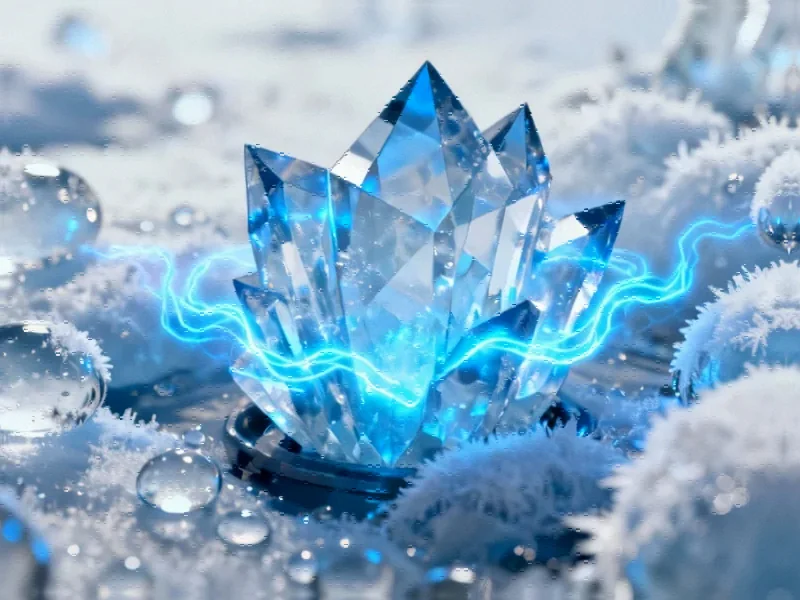Breakthrough in Low-Temperature Battery Technology Using Cation Effects
Scientists have pioneered a method to prevent aqueous battery electrolytes from freezing at extreme temperatures as low as -117°C. The breakthrough leverages cation effects to disrupt hydrogen bonding between water molecules, enabling stable operation in harsh environments. This development could revolutionize energy storage for polar research, space exploration, and winter conditions.
Revolutionizing Cold-Weather Energy Storage
Researchers have developed a groundbreaking approach to prevent aqueous battery electrolytes from freezing at extremely low temperatures, according to reports published in Nature Communications. The study reveals how strategically selected cations can reconfigure hydrogen bonds between water molecules, enabling aqueous zinc-based batteries to function reliably at temperatures as low as -80°C. This breakthrough addresses a critical limitation of conventional aqueous batteries, which typically fail in freezing conditions due to electrolyte solidification.
